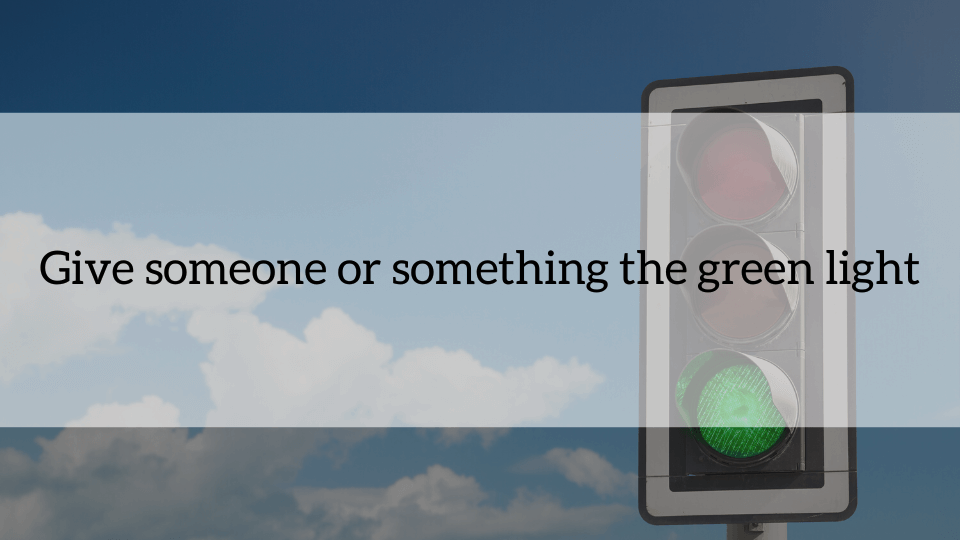みなさん、こんにちは!
今日は「stay on top of」という表現をご紹介したいと思います。
この表現は、いくつかの異なる意味を持ち、日常生活やビジネス英語でも使用される便利な表現です。
意味を解説していきます。
「stay on top of」の意味
「stay on top of 〜」とは、状況をコントロールしていること、何かを知っている又は認識していること、そしてスケジュール通りに実行していることを意味します。
THE FREE DICTIONARY: stay on top of
「stay on top of」の例文
Jane is truly an amazing person. She has 3 jobs, raises two kids by herself, and is doing an online college course. I really don’t know how she manages to stay on top of everything.
(ジェーンは本当に素晴らしい人です。彼女は3つの仕事を持ち、一人で2人の子どもを育て、オンライン大学のコースを受講しています。彼女がどのようにしてすべてを把握するために管理しているのか、私には本当にわかりません。)
A: You do realise that the monthly reports are due next Monday don’t you.?
(月次報告の締め切りは来週の月曜日だということは気づいてますよね?)
B: Don’t worry, I’m on top of it. I’ve cleared my schedule this Friday to work on them and I will have them done by Saturday morning.
(心配しないでください。滞りなく進んでいます。今週の金曜日にそれらに取り組むためにスケジュールを空けており、土曜日の朝までに完了する予定です。」)
The hardest thing about expanding my business was staying on top of all my employees. Once you start to get bigger it’s more and more difficult to keep everyone on the same page.
(ビジネスを拡大する上で最も困難だったのは、すべての従業員の行動をコントロールすることでした。大きくなり始めると、全員に同じ考えを持ってもらうのはますます難しくなります。)
I need your help. I’m snowed under at work and I have to look after my kids while they are sick. I don’t think I can stay on top of all that.
(あなたの助けが必要です。私は仕事に追われていますが、病気の子供たちの世話をしなければなりません。私はそのすべてをコントロールできるとは思いません。)
「stay on top of」と類似した英語表現
keep on top of [stay on top of とまったく同じ]
[例文]
It’s difficult to keep on top of what my kids are up to since they became teenagers. They are almost never in the house and won’t let me see their phones anymore.
(子どもたちが10代になってから、彼らが何をしているのかを把握するのは難しいです。彼らはほとんど家にいないし、携帯も見せてくれない。)
be on (something)
[例文]
A: Have you begun the preparations for next month’s welcome party yet?
(来月の歓迎会の準備はもう始めましたか?)
B: Don’t worry, I’m on it.
(心配しないでください。今取り組んでいます。)
be in the know about
If you want to know what the staff really feel about working for us, you should just ask George. He’s friendly with everyone and is really in the know about what goes on around here.
(スタッフが私たちのために働くことについて実際にどう感じているか知りたい場合は、ジョージに聞いてみてください。彼は誰にでもフレンドリーで、ここで何が起こっているのかをよく知っています。)
[English version]
Hello there everyone!
Today I’d like to introduce the expression “stay on top of” to you. Stay on top of is a useful expression because it has a few different meanings and we use it in everyday life and also in business English too. Here is what it means to stay on top of something.
Definition
To stay on top of something means to be in control of a situation, to know about or be aware of something, and also to be running on schedule.
Example Sentences
- Jane is truly an amazing person. She has 3 jobs, raises two kids by herself, and is doing an online college course. I really don’t know how she manages to stay on top of everything.
- A. “You do realise that the monthly reports are due next Monday don’t you.?”
- B. “Don’t worry, I’m on top of it. I’ve cleared my schedule this Friday to work on them and I will have them done by Saturday morning.”
- The hardest thing about expanding my business was staying on top of all my employees. Once you start to get bigger it’s more and more difficult to keep everyone in the same boat.
- I need your help. I’m snowed under at work and I have to look after my kids while they are sick. I don’t think I can stay on top of all that.
Similar Expressions
Keep on top of (exactly the same as stay on top of)
It’s difficult to keep on top of what my kids are up to since they became teenagers. They are almost never in the house and won’t let me see their phones anymore.
Be on (something)
- “Have you begun the preparations for next month’s welcome party yet?”
- “Don’t worry, I’m on it.”
Be in the know about
If you want to know what the staff really feel about working for us, you should just ask George. He’s friendly with everyone and is really in the know about what goes on around here.
~*~*~*~ \ Follow me / ~*~*~*~
Instagram : @kensington_eikaiwa
Facebook : @kensingtoneikaiwa
YouTube : KENSINGTON英会話
~*~*~*~*~*~*~*~*~*~*~*~*~*
◆お問い合わせはこちら
ケンジントン英会話:お問い合わせフォーム






































